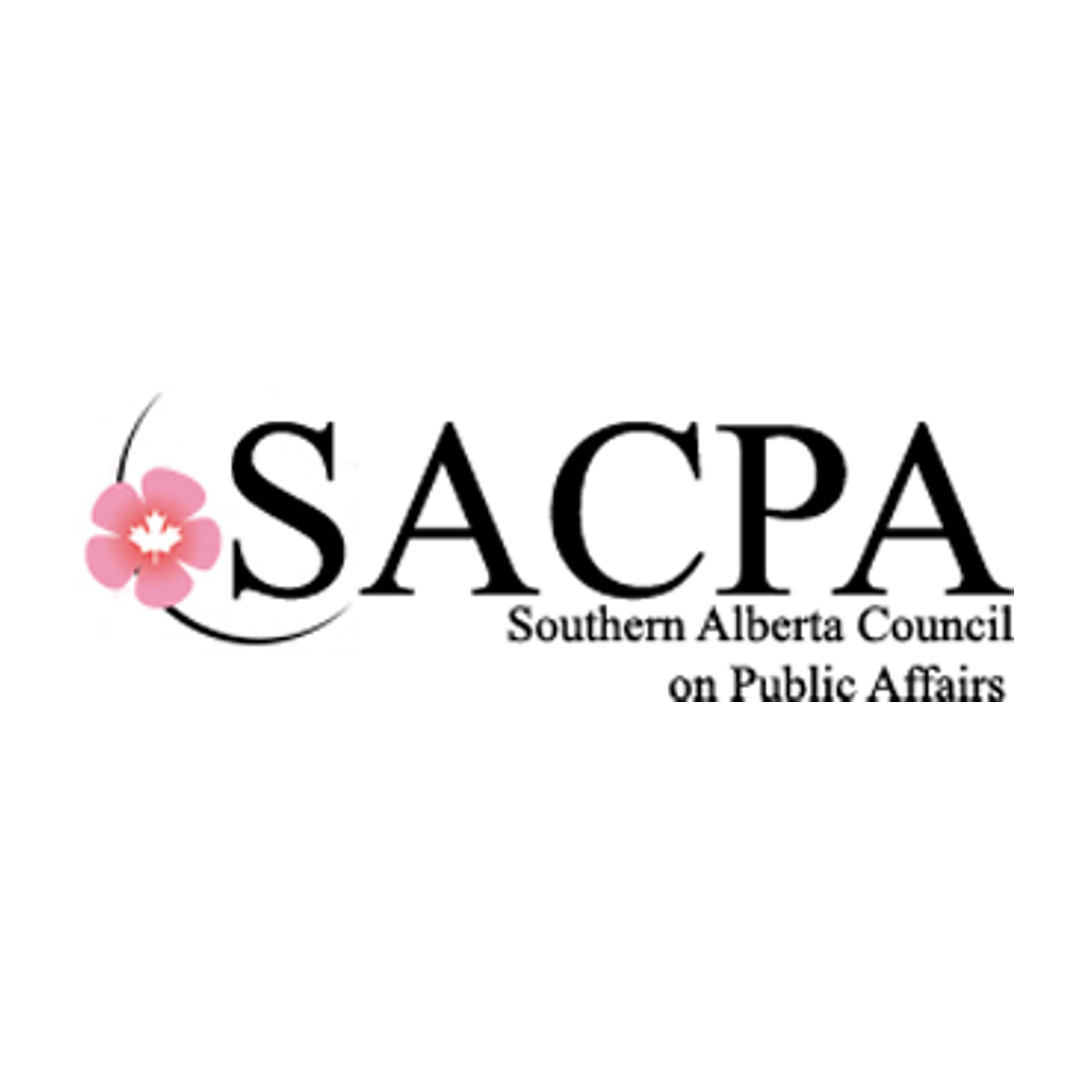- Culture
- SEE MORE
- classical
- general
- talk
- News
- Family
- Bürgerfunk
- pop
- Islam
- soul
- jazz
- Comedy
- humor
- wissenschaft
- opera
- baroque
- gesellschaft
- theater
- Local
- alternative
- electro
- rock
- rap
- lifestyle
- Music
- como
- RNE
- ballads
- greek
- Buddhism
- deportes
- christian
- Technology
- piano
- djs
- Dance
- dutch
- flamenco
- social
- hope
- christian rock
- academia
- afrique
- Business
- musique
- ελληνική-μουσική
- religion
- World radio
- Zarzuela
- travel
- World
- NFL
- media
- Art
- public
- Sports
- Gospel
- st.
- baptist
- Leisure
- Kids & Family
- musical
- club
- Health & Fitness
- True Crime
- Fiction
- children
- Society & Culture
- TV & Film
- gold
- kunst
- música
- gay
- Natural
- a
- francais
- bach
- economics
- kultur
- evangelical
- tech
- Opinion
- Government
- gaming
- College
- technik
- History
- Jesus
- Health
- movies
- radio
- services
- Church
- podcast
- Education
- international
- Transportation
- Other
- kids
- podcasts
- philadelphia
- Noticias
- love
- sport
- Salud
- film
- and
- 4chan
- Disco
- Stories
- fashion
- Arts
- interviews
- hardstyle
- entertainment
- humour
- medieval
- literature
- alma
- Cultura
- video
- TV
- Science
- en
The Cancun Climate Change Conference Deal: What Does it Mean?

b'Delegate\\u2019s from all 194 countries except one agreed to cut carbon emissions and assist developing countries tackle climate change as part of a "historic" deal in Cancun to help stop global warming. The deal falls far short of what many scientists, environmentalist and the country of Bolivia claim is needed to stop catastrophic global warming. But it represents a step towards the eventual goal of many, a legally binding treaty aimed at preventing temperatures rising more than 2C this century.\\n\\nFor the first time all countries are committed to cutting carbon emissions under an official UN agreement. As well, rich nations have to pay a total of \\xa360 billion annually from 2020 on, into a "green fund" to help poor countries adapt to floods and droughts. The money will also help developing countries, including China and India, switch to renewable energy sources. The speakers will offer their opinions on the deal and whether it\\u2019s too little, too late or a good start.\\n\\nSpeakers: Richard Mrazek, George Gallant and Stephen McGlenn \\n\\nRick Mrazek is a Professor of Science Education in the Faculty of Education and Associate Dean. He earned his B.Sc. and B.Ed. from the University of Lethbridge before going on to obtain his Masters and Ph.D. in Science Education at the University of Alberta. Rick was a Canadian Wildlife Federation delegate who presented at Cop 15 in Copenhagen and COP 16 in Cancun and has been internationally recognized as a leading science, technology and environmental educator.\\n\\nGeorge Gallant has been an independent producer for the past 13 years working on various projects including broadcasting daily live video back to Canada from Nepal for CBC Newsworld during the successful Everest 2000 Expedition. His work has earned him awards for Best Educational programming and in 2005 George was the Director and one of the Producers of the 7 part series Water Under Fire which exposed our nation\\u2019s water crisis. Since 2007 he has been teaching TV production at Lethbridge College and working with the Canadian Wildlife Federation. \\n\\nStephen McGlenn is a recent graduate of the University of Lethbridge, completing his BA with Honours and Distinction in Native American Studies. Stephen recently attended COP16 in Cancun as part of the Canadian Youth Delegation, a non-governmental organization of youth leaders from across the country that has been sending delegations to the UNFCCC meetings for several years to present the perspective of youth on the issue of climate change. Stephen is an advocate for social justice issues, in particular those associated with climate change and indigenous rights. Stephen currently works as a nature interpreter at the Helen Schuler Nature Centre.\\n\\nThe Galt Museum & Archives is committed to sustainability within its own organization. 2011 marks the second year it is participating in Earth Hour [March 26, 8:30 pm] and it will be host to the traveling exhibit \\u201cEarth\\u2019s Climate in the Balance\\u201d from January 21 \\u2013 April 22, 2012.'